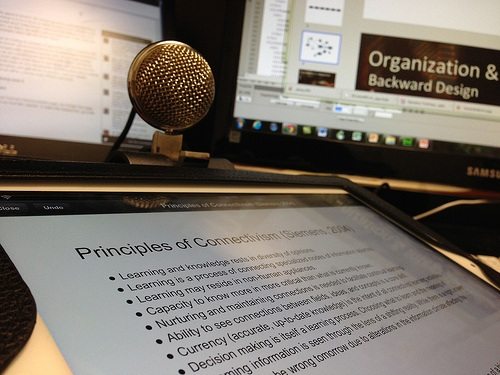
May 15, 2013; Bloomberg News (via SFGate.com)
Although initial news coverage suggested that Massive Online Open Courses (MOOCs) were a harbinger of democratic higher education available to all, professors in various institutions are beginning to sound the alarm. In the past month, faculty at Amherst College, San Jose State University (see letter), and the provost at American University have each put the brakes on such initiatives. Even professors at universities that promote MOOCs, including Harvard, have begun to speak out about their concerns.
Sign up for our free newsletters
Subscribe to NPQ's newsletters to have our top stories delivered directly to your inbox.
By signing up, you agree to our privacy policy and terms of use, and to receive messages from NPQ and our partners.
One common worry is that the quality of education is downgraded by MOOCs. Indeed, according to a Gallup poll last month, only 3 percent of university presidents believe that MOOCs will improve student learning. So, why is everyone pushing for these online classes?
The answer is cost. And this answer underlies the concerns of many thoughtful faculty members. They see the system of higher education undergoing a fundamental shift focused on cost reduction and consolidation. As philosophy professors at San Jose State put it:
“that two classes of universities will be created: one, well-funded colleges and universities in which privileged students get their own real professor; the other, financially stressed private and public universities in which students watch a bunch of videotaped lectures and interact, if indeed any interaction is available on their home campuses, with a professor that this model of education has turned into a glorified teaching assistant…Let’s not kid ourselves; administrators at the CSU are beginning a process of replacing faculty with cheap online education.”
So, MOOCs in fact may be the harbingers of revolution in the system of higher education – one that will result in greater inequality based upon the ability to pay.—Michelle Shumate













